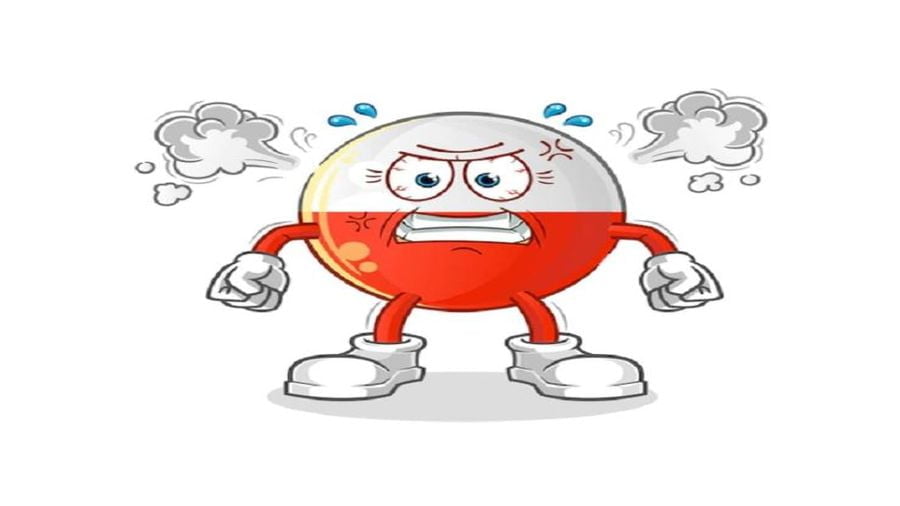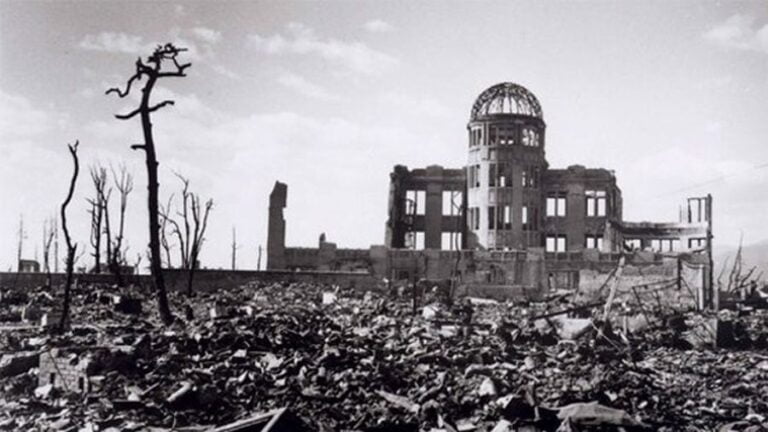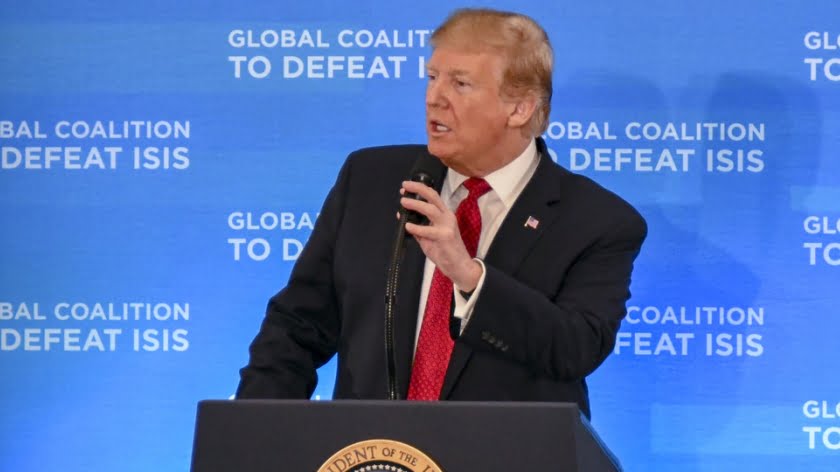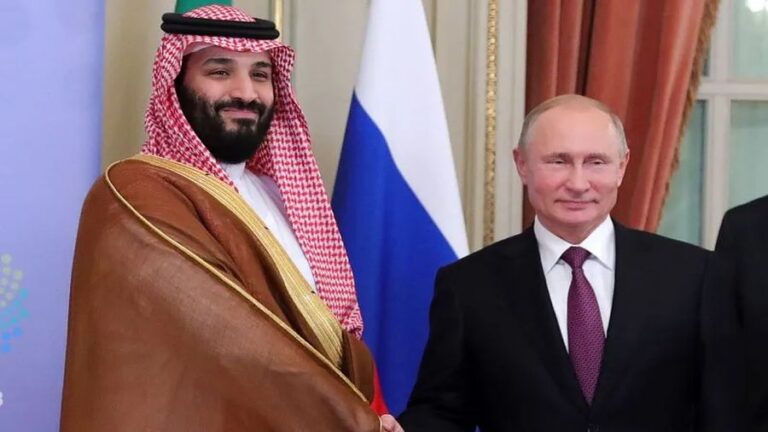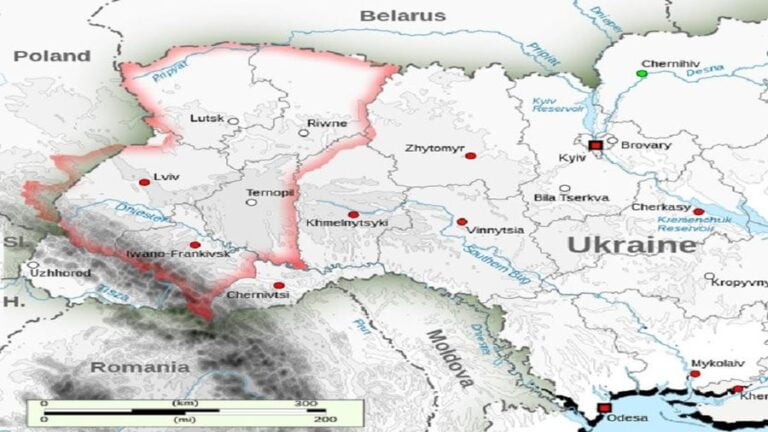Poland’s “De-Russification” Proposal for Europe Is Purely Self-Serving
Poland sees an unprecedented opportunity to revive its former Commonwealth in post-modern form via the ‘Three Seas Initiative’ and the aggressive regional export of its associated ‘de-Russification’ de facto ideology, all of which bodes ill for those many countries over which it wants to exert its envisioned future influence.
The Prime Minister of aspiring Central & Eastern European (CEE) leader Poland declared last week that “We are starting a complete de-Russification of the Polish and European economy” by phasing out energy imports from that Eurasian Great Power. This is a purely self-serving policy designed to advance several of that country’s strategic interests at the expense of others’ in the region. For starters, it positions Poland as NATO’s supreme anti-Russian vanguard state, which is designed to bolster its geopolitical credentials. This in turn will likely be leveraged by its conservative-nationalist leadership to argue that it’s inappropriate for Brussels to continue pressuring it for the pro-sovereignty reforms that were recently promulgated in its judiciary, media, and other sectors. That would challenge the EU’s so-called “rule of law” principles and the liberal-globalist ideals that the bloc espouses.
The second interest being advanced through this plan is for Poland to become a regional energy hub for facilitating more expensive LNG imports to its partners from the US and West Asia. This aligns with its “Three Seas Initiative” (3SI) vision of leadership over the CEE region by positioning itself as the most important country between the Adriatic, Baltic, and Black Seas. Poland claims that this will reduce its partners’ dependence on Germany and Russia though it doesn’t mention that they’ll simply become much more dependent on it instead. Other 3SI members like Croatia will also become more important energy hubs too but those countries between them still won’t be able to resolve their dependence on others. This also holds true when pioneering regional connectivity corridors such as those that Poland also plans to participate in.
Third, these two interests advance the final one of Poland increasing its political influence over the region. That outcome complicates its partners’ interests in decreasing their dependence on others since they’ll just be replacing such with Poland over time. To be sure, Poland is indisputably the wealthiest and most powerful country in CEE, but its history of struggle between its German and Russian neighbors doesn’t automatically mean that it’ll abandon its own hegemonic pursuits over the 3SI states. Actually, Poland has what can be described as a series of deep psycho-political complexes vis-à-vis Germany and Russia which regularly manifest themselves by this country embodying the exact same imperialist tendencies that it criticizes those two for supposedly having. A perfect example of this in practice is its subjugation of Belarusians, Lithuanians, and Ukrainians during the interwar Second Polish Republic.
The famous Polish slogan “for our freedom and yours” rings hollow when considering that country’s imperialist proclivities that are also nowadays self-evident when assessing its role in the Ukrainian Crisis. Poland is a direct participant to the conflict through its facilitation of arms and mercenaries to that neighboring war-torn nation in response to Russia’s ongoing special military operation there. It’s not only motivated by the desire to fight its historical rival by proxy but perhaps also to once again bite off a chunk of Western Ukraine just like it did after World War I as the author explained in these two pieces. The scenario of Poland supporting another “West Ukrainian People’s Republic” (WUPR) upon the collapse of Lenin’s unnatural mini-empire can’t be discounted because it makes perfect sense from the perspective of that country’s grand strategic interests.
Poland’s self-proclaimed “de-Russification” plans might therefore also include completing the “cleansing” of all Russian elements in that part of Ukraine exactly as it’s presently doing indirectly through its military support of Kiev and its ethno–fascist militias that are committing genocide against the indigenous Russian people of Donbass. “De-Russification” might also imply pressuring its 3SI partners like ideological ally Hungary into completely cutting off their ties with Moscow as well, which some of them might feel uncomfortable doing since those relations are arguably to the benefit of their national interests. Nevertheless, Poland is expected to do its utmost in exporting its “de-Russification” ideology all throughout the region, potentially even leveraging its envisioned energy role over its partners to this end, ironically weaponizing such exports exactly as it accuses Russia of doing.
It’s for these purely self-interested reasons why the region should be wary of Poland’s “de-Russification” proposal for Europe. There are certainly some states like those in the Baltic that will wholeheartedly support this effort but others like Hungary will probably oppose it, though it’s unclear exactly how publicly they’d push back against Poland or how successfully they’ll ultimately be. Everyone should “Expect Poland To Expand Its Sphere Of Influence After Russia’s Ukrainian Operation” in spite of claiming to be against Russia’s alleged “sphere” and this very concept in general. Put another way, Poland sees an unprecedented opportunity to revive its former Commonwealth in post-modern form via the 3SI and the aggressive regional export of its associated “de-Russification” de facto ideology, all of which bodes ill for those many countries over which it wants to exert its envisioned future influence.

